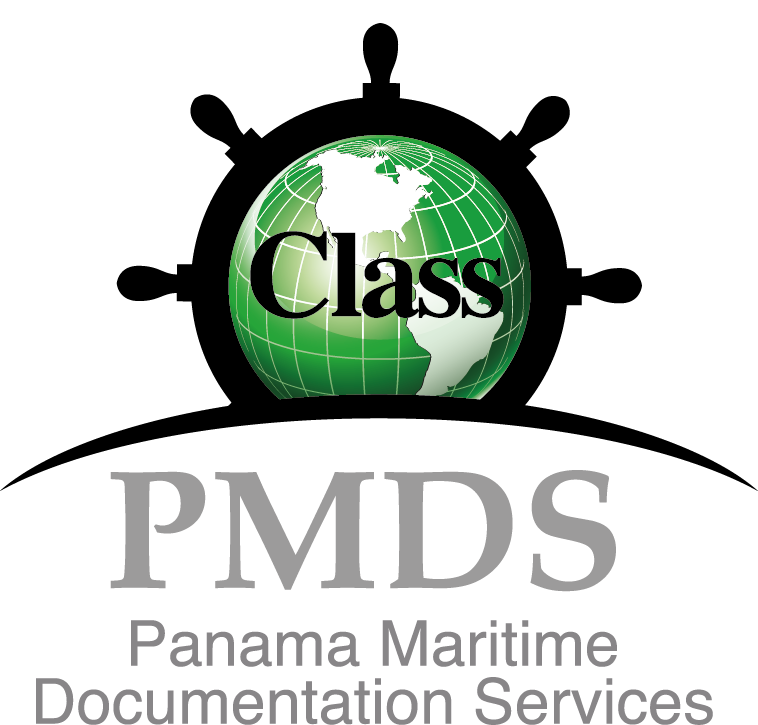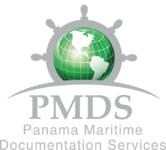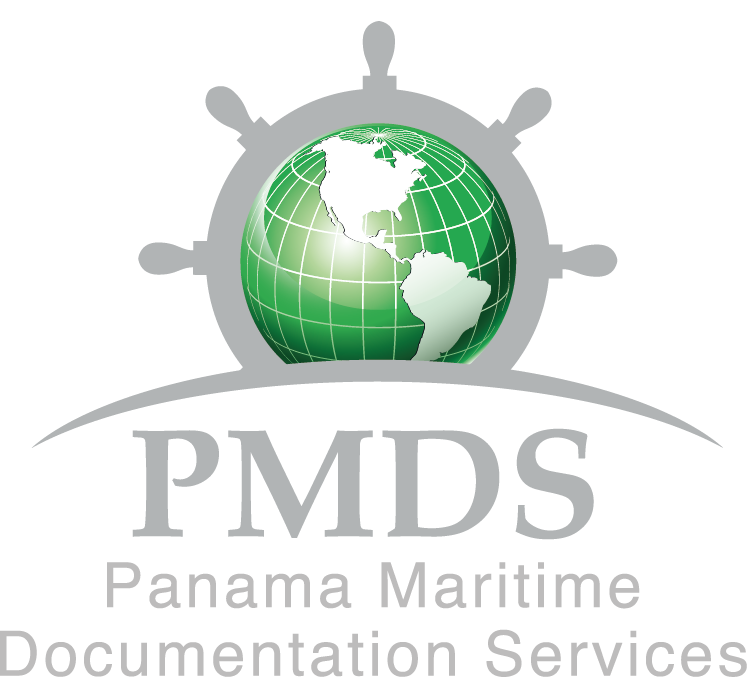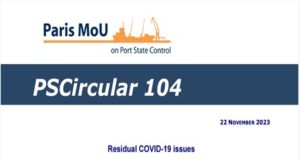
Paris MoU: Residual COVID-19 issues to Ballast Water Management
During PSCC56 it was discussed that there are still some effects of the Covid-19 pandemic faced by PSCOs during the inspections, the Paris MoU informed in a recently published circular. Effects are mainly related to Ballast Water management (BWM) and the increased number of PI vessels calling into ports.
During the pandemic, flag Administrations applied some flexibility to the fulfillment of the installation of the ballast water management system due to delays of dry-docking caused by disruption from COVID-19.
The Panama Maritime Authority issued the Merchant Marine Notice MMN-10-2023 with the purpose to communicate to shipowners/operators, legal representative of Panamanian Flag vessels and RO’s, the content of the Paris MoU PSCircular 104.
This circular refers to effects related to BWM due to the COVID-19 pandemic and policies established in the way the PSC in the Paris MoU will proceed in cases where the flag state authorizes vessels to continue using standard D-A beyond the D-2 standard applicable compliance date.
- Despite the situation returning to normal, other issues have arisen. These issues are related to the delay in supplying electronic components of ballast water management systems, difficulties to find available technical staff to finalize the installation of the BWM system or to carry out the commissioning test (insufficient technicians for the demand) or difficulties to find available laboratories to take the pertinent samples and analyze them, among others. As a result of the above situation, flag States have allowed vessels to continue using standard D-1 beyond the D-2 standard applicable compliance date.
- In these cases, PSCOs may accept a short-term BWM certificate accompanied by a document issued by and confirming the acceptance of the flag State (not the Recognized Organization). The document should include detailed justification for giving this extension, as well as the conditions and the duration of the extension. Also, there should be evidence that the ship has a plan to complete the BWM system installation with the required tests and to comply with BWM convention. Where the document is missing, the PSCO should consult the flag state to confirm the authorization granted.
- Notwithstanding the above, where the documentation issued clearly demonstrates a willingness to postpone the installation rather than resolve the difficulties identified in a timely manner (e.g. where an exemption has been issued by a flag State much later than the required date of installation), PSCC Instruction “Guidelines on acceptance of flag State exemptions and flag State conditions” should be applied. The extension of IOPP and/or IBWM certificates, the issuing of exemptions by the flag State, for the sole purpose of unduly avoiding compliance with the Ballast Water Management Convention. (Ballast water management instead of ballast water exchange should not be accepted.)
- Due to the Covid-19 pandemic, PSC activity stopped, and it took time to come back to normal activity. This led to an increased number of PI vessels.
- However, despite having resumed the usual PSC activities, the number of PI vessels calling in ports is still higher than before the pandemic. TF52 is monitoring the possible consequences thereof.
Source: PMA
For additional information contact us : corporate@panamamaritime.com

 (507) 6780-7942
(507) 6780-7942
